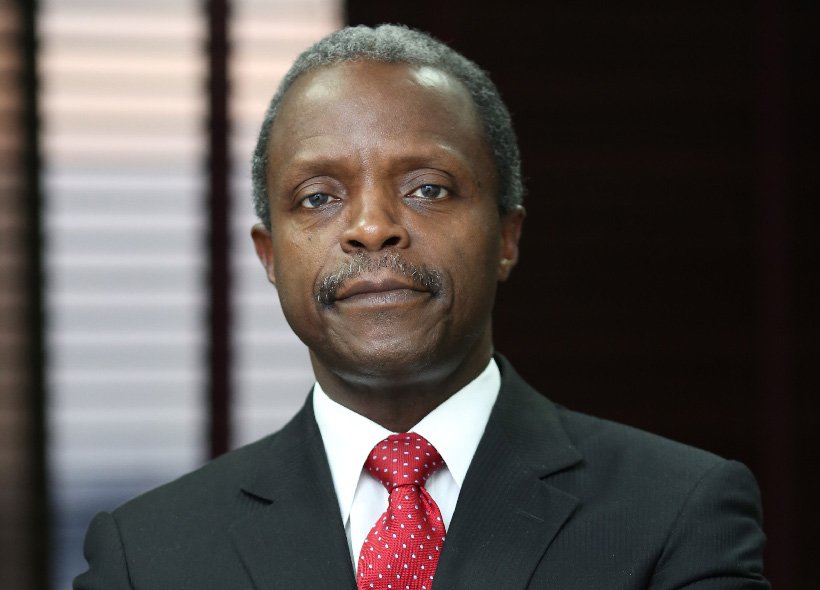The Federal Government has disclosed plans to release N100bn for capital projects in a few days’ time, having earlier released N322bn for the same purpose.
Vice President Yemi Osinbajo disclosed this on Thursday in Lagos during the Presidential Policy Dialogue session organised by the Lagos Chamber of Commerce and Industry.
He said, “We have also pledged to keep capital budget spending to a minimum of 30 per cent. We have already made capital releases of N332bn which is more than the entire amount released last year, with another N100bn set to be released in the next few days.
“The funds are for power, works, housing, transportation, defence and agriculture. “
Osinbajo said the government had been able to save close to N1.4tn in fuel subsidy payment since May when it deregulated the downstream petroleum sector and pegged the pump price of petrol at N145 per litre.
The government officially ended fuel subsidy payment on May 11 when it increased the pump price of Premium Motor Spirit from N86.50 to N145 a litre, and asked whosoever had the means to import the product to do so, with foreign exchange sourced independently.
The decision, according to the Minister of State for Petroleum Resources, Dr. Ibe Kachikwu, was taken at the end of a stakeholders’ meeting presided over by Osinbajo, and was aimed at increasing and stabilising the supply of the product, adding that the government expected that the policy would lead to improved supply and competition, and eventually drive down the pump price.
Although the policy has not led to a reduction in pump price of fuel three months after its implementation, the vice president said it had led to a reduction in the daily demand for petrol and a saving of N1.4tn during the period.
He said, “The deregulation of the downstream petroleum sector was an important decision of this government. This has reduced the daily demand for fuel from 1,600 trucks to 850 trucks, and resulted in savings of about N1.4tn on subsidy payment.
“Of course, the long term decision is to fix the refineries because one of the largest foreign exchange spending for us is on importation of petroleum products; and at the moment, our refineries are not producing enough.
“In addition to the Dangote refinery with its 650,000 barrels, we also intend to fix the existing refineries and expect that by the end of 2017, most of the refineries will function.”
He said in the area of financial management, the government was also able to save N8bn monthly from the Integrated Payroll and Personnel Information System embarked on by the Federal Government.
On his part, the President, Dangote Group, Alhaji Aliko Dangote, noted that the most vibrant private sector in Africa was still in Nigeria, adding that he did not believe the report making the rounds that South Africa had replaced Nigeria as the number one economy on the continent.
He said, “Last night, I was watching the news that Nigeria had been displaced by South Africa as the number one economy in Africa. I don’t believe that report; it was something that was just said to embarrass us.
“They said South Africa is $4bn above Nigeria and I said it depends on the exchange rate that they used. I am sure they must have used the wrong exchange rate. Be rest assured, we are still the number one economy in Africa.
“Nigerians are known for their drive, doggedness, tenacity, industry and creativity. These qualities are an embodiment of the Nigerian spirit and are on display in the private sector. All that the government needs to do is remove obstacles that stand in the way of a bigger and more productive private sector.”


 Naira4 weeks ago
Naira4 weeks ago
 News4 weeks ago
News4 weeks ago
 Naira4 weeks ago
Naira4 weeks ago
 Travel3 weeks ago
Travel3 weeks ago
 Jobs4 weeks ago
Jobs4 weeks ago
 Naira3 weeks ago
Naira3 weeks ago
 Naira3 weeks ago
Naira3 weeks ago
 Investment4 weeks ago
Investment4 weeks ago





























